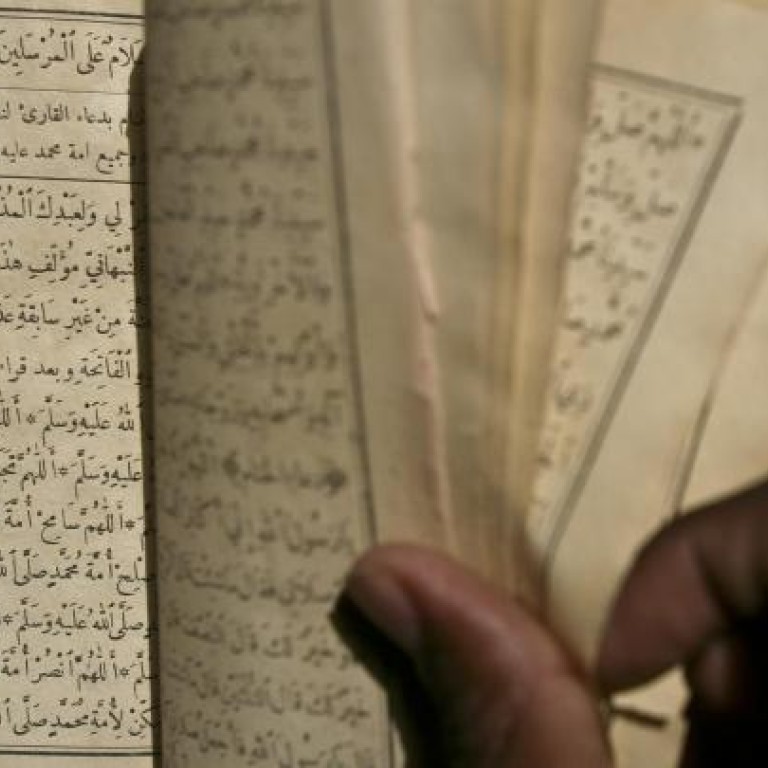
Islamists set fire to library housing ancient manuscripts
Insurgents torch library with thousands of artefacts in 'devastating blow' to world heritage
Islamist insurgents retreating from the ancient Saharan city of Timbuktu have set fire to a library containing thousands of priceless ancient manuscripts, some dating back to the 13th century, in what the town's mayor described as a "devastating blow" to world heritage.
Halle Ousmani Cisse said that fighters allied with al-Qaeda torched two buildings on Saturday where the manuscripts were being kept. They also burned down the town hall and the governor's office, and shot dead a man who was celebrating the arrival of the French military. French troops and the Malian army reached the gates of Timbuktu on Saturday and secured the town's airport. But they appear to have arrived too late to save the leather-bound manuscripts, which were a unique record of sub-Saharan Africa's medieval history.
"It's true. They have burned them,"Cisse said in a phone interview from Mali's capital, Bamako. "They also burned down several buildings. There was one guy who was celebrating in the street and they shot him.
"This is terrible news. The manuscripts were a part not only of Mali's heritage but the world's heritage. By destroying them they threaten the world. We have to kill all of the rebels in the north."
The manuscripts were being kept in two different locations - an old warehouse and a new South Africa-funded research centre, the Ahmed Baba Institute. Both buildings were burned down, the mayor said. Asked whether any of the manuscripts might have survived, Cisse replied: "I don't know."
The manuscripts survived for centuries in Timbuktu on the edge of the Sahara hidden in wooden trunks, boxes beneath the sand and caves. The majority was written in Arabic, with some in African languages, and one in Hebrew. They cover a diverse range of topics including astronomy, poetry, music, medicine and women's rights. The oldest dated from 1204.
Seydo Traore, a researcher at the Ahmed Baba Institute, who fled Timbuktu last year shortly before the rebels arrived, said only a fraction of the manuscripts had been digitised. "They cover geography, history and religion. We had one in Turkish. We don't know what it said." Traore told that some rebels had been sleeping in the new institute where some of the manuscripts were kept.
He said they had also destroyed the shrines of more than 300 Sufi saints dotted around the city. "They were the masters of the place,"he said.
French army paratroopers swooped in to try to block fleeing hardliners as ground troops coming from the south seized the airport of Timbuktu, which has been a bastion of the extremists controlling the north for 10 months.
"We control the airport at Timbuktu," a senior Malian army officer said. "We did not encounter any resistance."
